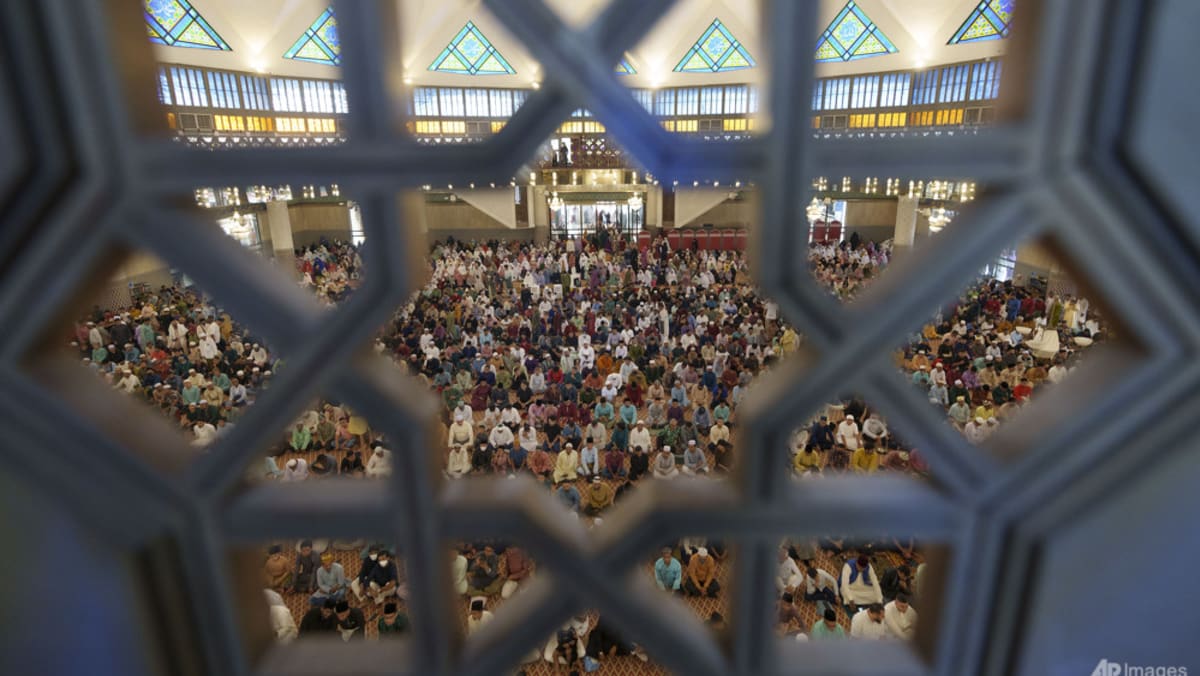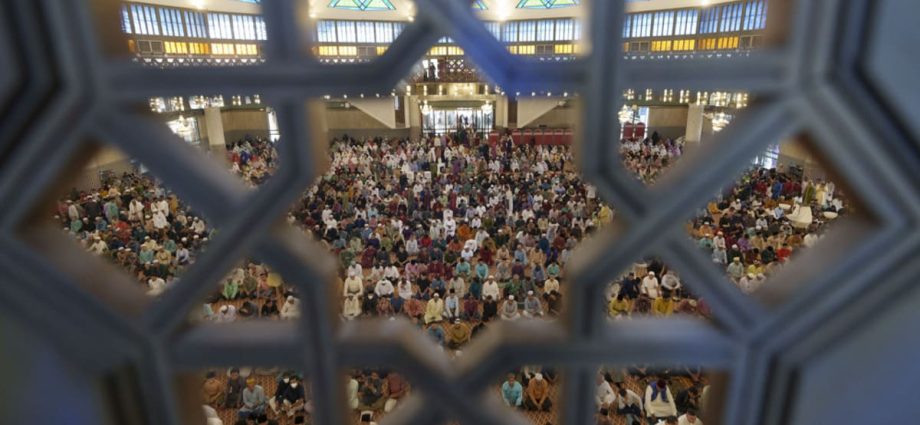
“The Selangor Sultan mandated the committee and (Mr Zaki) to finalise everything within a year but I’ve got a commitment to complete the undertaking in not more than eight months,” Mr Mohd Na’im was quoted by the Malay Mail as telling reporters.
But as the country marks these milestones for a proactive push towards greater cohesion, some experts cast doubts on the proposed end-2024 deadline.
“I frankly think the deadline is an unrealistic one, because the legal aspects will require very meticulous deliberation and coordination,” Dr Oh Ei Sun, a senior fellow with the Singapore Institute of International Affairs, told CNA.
He explained that the process would include possible constitutional amendments and legal revision at both federal and state levels.
“It’s likely just a convenient and distant enough deadline in the mind of the minister, who understandably placed more emphasis on the religious aspects of this highly complicated subject matter,” Dr Oh added.
The deadline’s announcement could also set a precedent for further alignment of Syariah and federal constitutional laws.
“The crucial question then becomes would it make the Syariah laws more in line with the constitution, or the constitution more in tune with religious precepts?” said Dr Oh.
“The former would be more welcome by a multiracial society, while the latter is craved by the increasingly conservative elements.”
Dr Azmil Mohd Tayeb, a political scientist at Universiti Sains Malaysia, believes that further alignment could see Islamic laws given greater power.
“(The deadline) will further empower Syariah courts at the expense of civil courts especially when read with Article 121(1A) of the constitution that states Islamic matters must be adjudicated by Syariah courts,” he said.
A NEW DIRECTION FOR A DUAL-TRACK SYSTEM
Malaysia has a dual-track legal system with Islamic criminal and family laws applicable to Muslims running alongside secular laws. Islamic laws are enacted by state legislatures while secular laws are passed by the country’s parliament.
On Feb 9, the country’s Federal Court declared 16 laws in Kelantan’s Syariah criminal code “void and invalid”, including provisions criminalising sodomy, incest, gambling, sexual harassment, and desecrating places of worship.
The constitutional challenge was filed by Kelantanese lawyer Nik Elin Zurina Nik Abdul Rashid and her daughter Tengku Yasmin Natasha Abdul Rahman against laws covering Syariah offences that were passed by the state and came into force in 2021.
Chief Justice Tengku Maimun Tuan Mat who delivered the majority judgement said the northeastern state had no power to enact the laws, as their subject matter was covered under parliament’s law-making powers.
Islamist party Parti Islam Se-Malaysia (PAS) secretary-general Takiyuddin Hassan, whose party is part of the Perikatan Nasional (PN) opposition coalition, claimed that it was a “Black Friday” for the Syariah Court and that the judgement could affect Syariah laws in other states.
“When one law is nullified in one state, it means that the Syariah laws in other states are also in a dangerous and critical situation,” he said.
Meanwhile, Malaysian opposition leader and PN secretary-general Hamzah Zainudin said that the decision hurt the feelings of Muslims in the country, especially as Islam was the official religion as stated in the constitution.
In a statement, he said the development showed a serious weakness in the majority’s right to practice and profess their religion, and claimed that the decision would challenge the Syariah criminal enactment in all states, exposing them to the risk of annulment.

